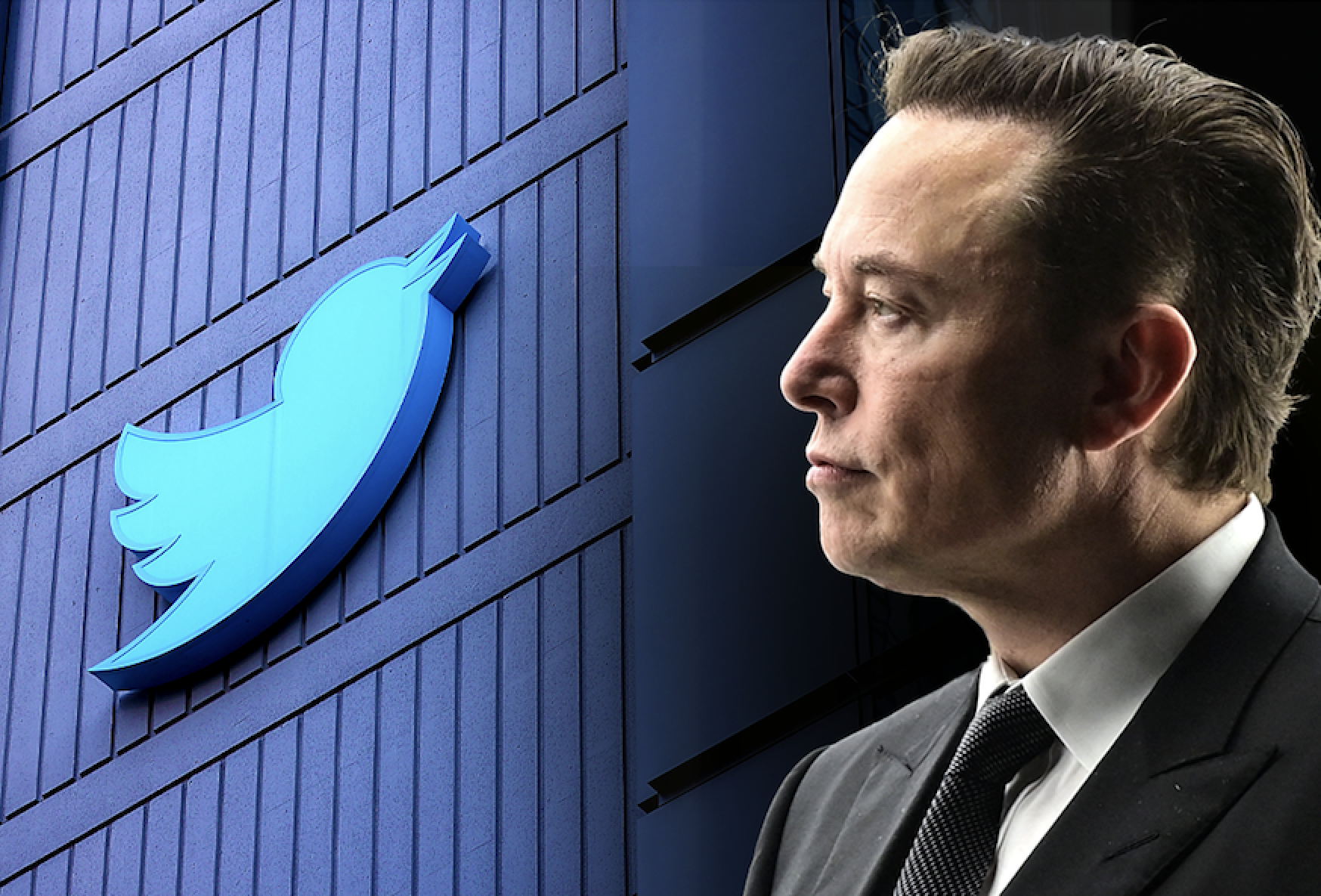Elon Musk's Twitter Takeover
Elon Musk just bought Twitter for $44 billion— completing one of the biggest blockbuster business deals worth $44 billion. As soon as the deal was finalized, took immediate action: he fired Twitter's long-time CEO Parag Agrawal, their CFO, Ned Segal, and the head of Twitter’s legal and policy sector, Vijaya Gadde. Hours after his actions, Musk tweeted, “the bird is free”. A Securities and Commission filing that happened last Friday established that the deal closed on Thursday and that Twitter is now officially a part of Musks Holdings I Inc.
Musk first stated that he was buying Twitter in April. He then proceeded to threaten to walk away from the deal, before reversing course once again this month and going through with the deal. Musk had previously voiced his opinions and his discontent with Twitter. He disagreed with the social media platform removing some celebrities from the platform, and how things were being run at the company.
Musk offered to buy Twitter for the price of $54.20 per share, which was much higher than the company was valued at the time. Months had passed since that original offer made by Musk, and he attempted to back out of the deal multiple times after a whistleblower complaint by Twitter’s former head of security made accusations about the company having breaches in security and privacy on multiple occasions. The New York Stock Exchange suspended Twitter’s stock leading up to the closure of the deal, due to people thinking Musk was manipulating the stock in order to negotiate a better deal.
The deal states that Twitter will once again become a private company, which adds to Musk's shiny collection of successful companies, which includes Tesla, the world's most valuable car company according to Forbes. The next one on this exclusive list is Space Exploration Technologies Corporation (SpaceX), and now Twitter, which is one of the most used social media platforms in the US based on statistics provided by Adobe.
Musk describes himself as a “free-speech abolitionist” and he has pledged to limit content moderation on the platform and is in favor of emphasizing free speech. His dream for Twitter is to be a warm and welcoming environment for all and he also suggested that Twitter could let their users “choose their own experience according to your preferences, just as you chose to see a movie or play video games ranging from all ages.”
Musk's takeover leaves questions about the future and success of the platform. Just like many other social media platforms, Twitter relies heavily on digital advertising, which has recently had issues due to economic uncertainty. Due to Musk taking out a $13 billion loan, the company will be saddled with a hefty debt as a result of the deal. Payments on those loans will add costs for the company that has reported a loss in earnings in eight out of its past ten fiscal years.
Musk's plans for the company are very unclear at the moment. He may take Twitter public once again, or keep it private in order to keep the company afloat for a while. By taking Twitter private, the billionaire entrepreneur will likely be able to take risks to jump-start/revamp the company's business. Musk has hinted at the idea of him moving the business away from the advertising-heavy business model to finding new and creative forms of revenue, including more emphasis on a subscription-based service.
Musk has said that he plans to allow former President Donald Trump back on the platform. Twitter banned Trump due to many claims he made on the platform in reference to the January 6th Insurrection and his support towards it. Musk has stated that he intends to allow other formerly banned users back onto the platform.
As of now, Twitter hasn’t made any big decisions yet, so it will be interesting to see what the future holds.
By Avner Belsky

